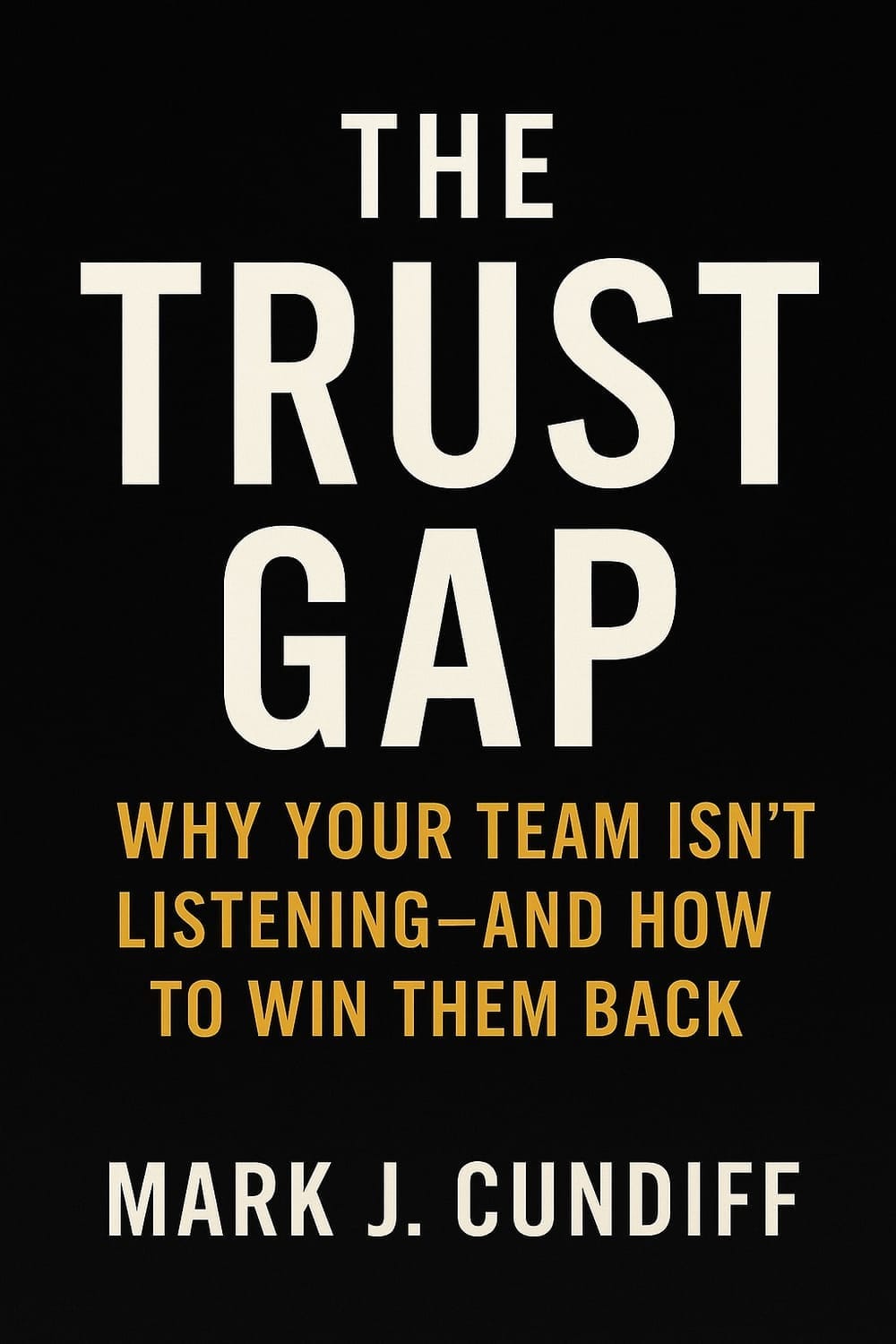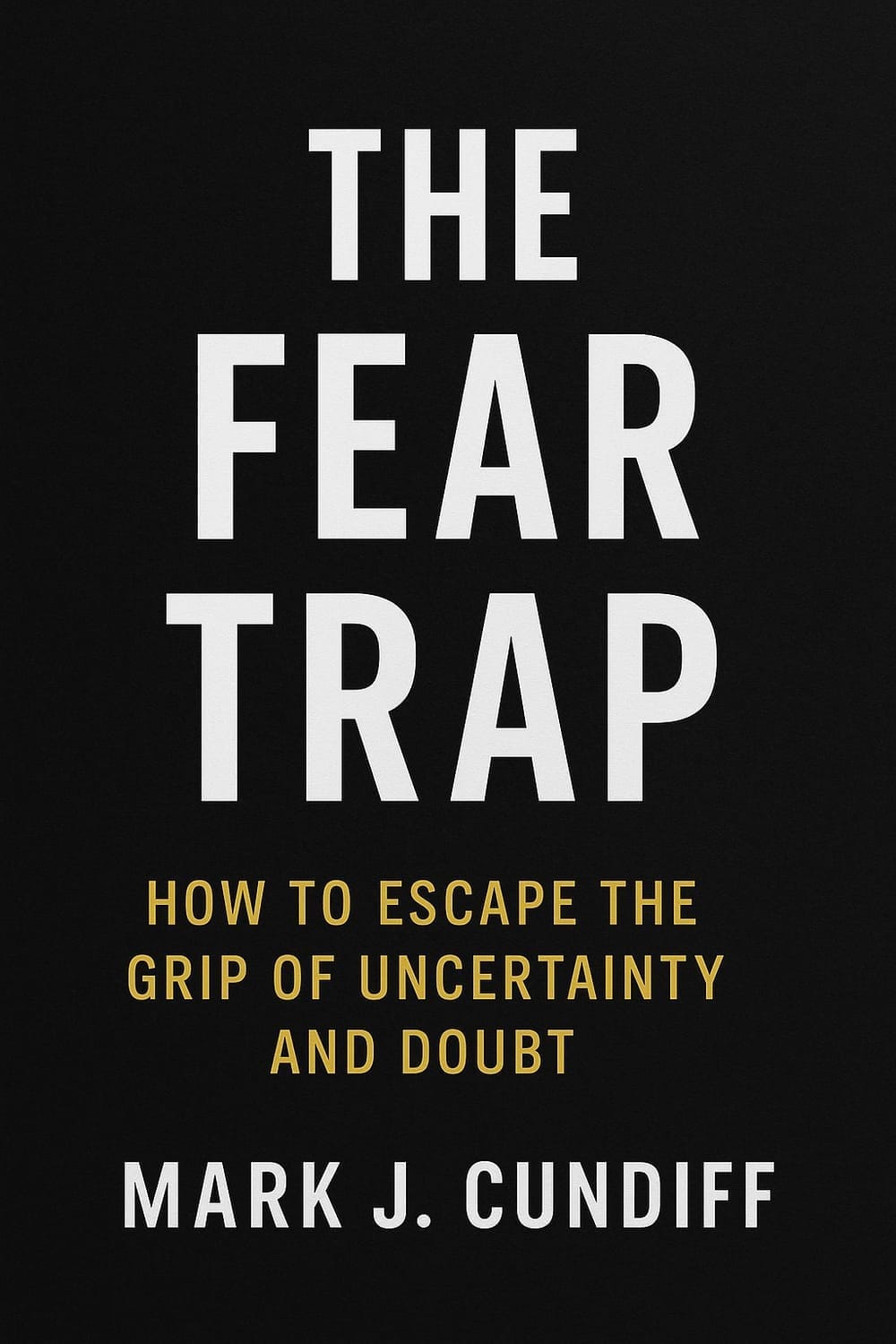The Most Powerful Force in Leadership (And Why We're Afraid to Talk About It) - Marcus Buckingham - Global Leadership Summit 2024
What if I told you that the most powerful force in business isn't AI, efficiency, or even innovation?
What if the secret to extraordinary results has been hiding in plain sight for decades, but we've been too afraid to name it?
At the Global Leadership Summit, Marcus Buckingham shared a discovery that challenged everything I thought I knew about leadership. After 30 years of research across 28 countries, studying what separates good organizations from great ones, he found something profound: The most powerful predictor of human behavior is love.
Yes, love. In business. In leadership. In everything.
The Data Doesn't Lie
Here's what shocked me most: When researchers study the top performers—the 5s on a 1-5 scale—they don't find people who are just really satisfied or highly engaged. They find people who use one word over and over: "I love my job. I love my manager. I love this company."
Not like. Not enjoy. Love.
And here's the kicker: 4s aren't just slightly worse than 5s. The research shows that 4s are actually 3s, not 5s. Only when someone reaches that level of love do you see dramatic increases in performance, loyalty, and results.
Think about water boiling. At 211°F, it's just hot water. At 212°F, it becomes steam—capable of powering engines and moving mountains. Love works the same way in human behavior. Everything else is just "not love."
We Have No Strategy for Love
Here's where it gets uncomfortable. We have strategies for efficiency, effectiveness, and artificial intelligence. But ask most leaders about their strategy for love, and they'll look at you like you've lost your mind.
Buckingham shared a story about presenting to chief human resources officers who literally couldn't say the word "love" when talking about the workplace. We've sanitized leadership to the point where we're afraid to acknowledge the very force that drives our best results.
Mind Move #1:
Stop putting 4s and 5s together. Study the extremes. Become an expert in what creates love, not just satisfaction.
Love Isn't Soft—It's Strategic
Before you dismiss this as feel-good fluff, let me be clear: Love isn't soft. It's tough.
Buckingham defines love as "a deep and unwavering commitment to the flourishing of a human." This isn't about being nice or friendly.
Sometimes love means having the hardest conversations. Sometimes it means saying, "I love you, but you're in the wrong role, and I'm going to help you find where you can flourish."
Love is proactive, not reactive. Caring responds to problems. Love prevents them by investing in people's growth before they even know they need it.
Mind Move #2:
People aren't a means to an end—their flourishing IS the end. Work is the instrument; people are the point.
You're an Experience Maker
Every interaction you have as a leader creates an experience. Someone walks into your office uncertain and either leaves elevated or deflated. There's no neutral.
The question is: How do you design experiences that move people from transactional to loving relationships?
Buckingham discovered a five-step sequence that builds love systematically:
Help them find their place - "Where am I? How do I navigate this world?"
Make them feel seen - "My unique story matters here."
Connect them with others - "Show me who I belong with"
Help them grow - "Make me bigger than when I arrived"
Create advocates - "I love this so much I tell others."
This isn't hierarchy—it's sequence. You can't skip steps.
The Unloving World We've Accepted
Put on these "love specs," and suddenly the world splits in two: loving experiences and unloving ones. Most of our business world lives in the unloving category, and we've just accepted it.
Handoffs are unloving
Every time you make someone retell their story to a new person, you're saying their wholeness doesn't matter.
Span of control is unloving
When one manager oversees 40 people, no one receives the attention they need to flourish.
Shape-shifting is unloving
When you change your identity without warning (as Delta did by becoming a bank instead of an airline), you break trust.
AI is unloving
It's right there in the name—artificial intelligence, when what we crave is genuine emotion.
This doesn't mean we don't use these tools. It means we acknowledge their unloving nature and compensate with intentionally loving strategies.
The 15-Minute Revolution
Want to know the best leadership ritual Buckingham has discovered? Check in with each person on your team for 15 minutes every week.
Ask two simple questions:
What did you love about last week?
What are you working on this week?
If you're thinking, "I don't have time for that," then you're too busy to lead. If you're thinking, "I have too many people," then you have too many people.
This is the leading part. Everything else is management.
Love Lives in Intelligence
Here's what gives me hope: Love isn't just magical and spiritual (though it's those things too). Love lives in intelligence.
You can design it. You can build systems that create it. You can study what works and replicate it.
But love also dies from neglect. In our rush toward efficiency and artificial intelligence, we're starving the very thing that makes us human—and productive.
Your Next Move
So here's my challenge for you: Put on those love specs. Look at your organization, your team, your leadership through this lens.
What experiences are you creating that help people flourish?
What unloving systems have you accepted that need loving solutions?
The world is begging for leaders who believe in love. Not leaders who are just nice, but leaders who are deeply committed to the flourishing of every human they serve.
Because here's the truth: You get more of what you accept, not what you expect.
What will you choose to accept?
And more importantly, what loving experience will you design next?
The data is clear. The choice is yours. The time is now.
Join over 3,900 Fellow Leaders reading The Learning To Lead Newsletter each week!
Recent Articles

Join over 4,000 Fellow Leaders reading The Learning To Lead Newsletter each week!
©2025 Learning To Lead | Helping Good Leaders Become Great Leaders


